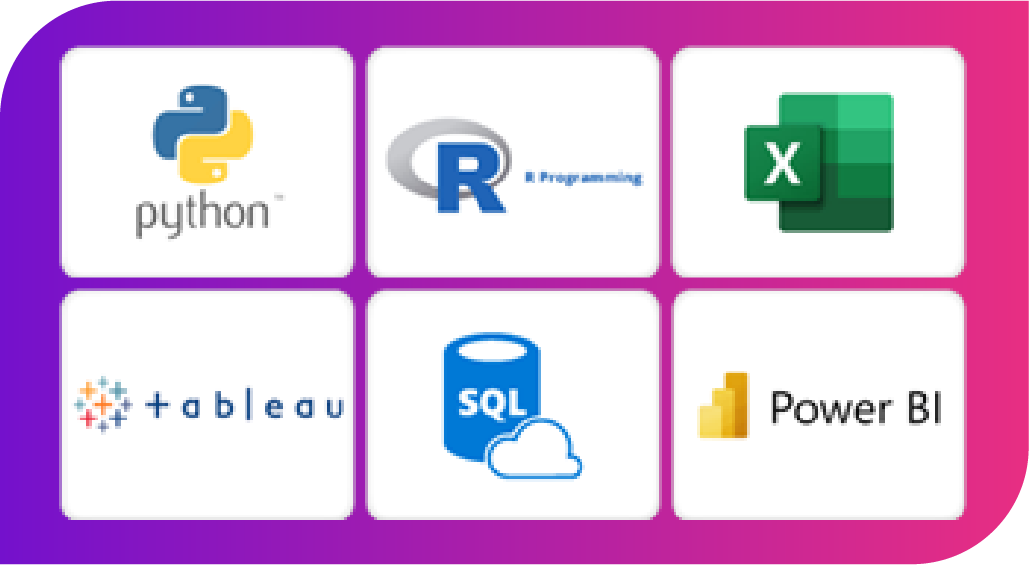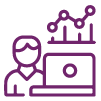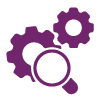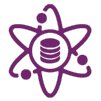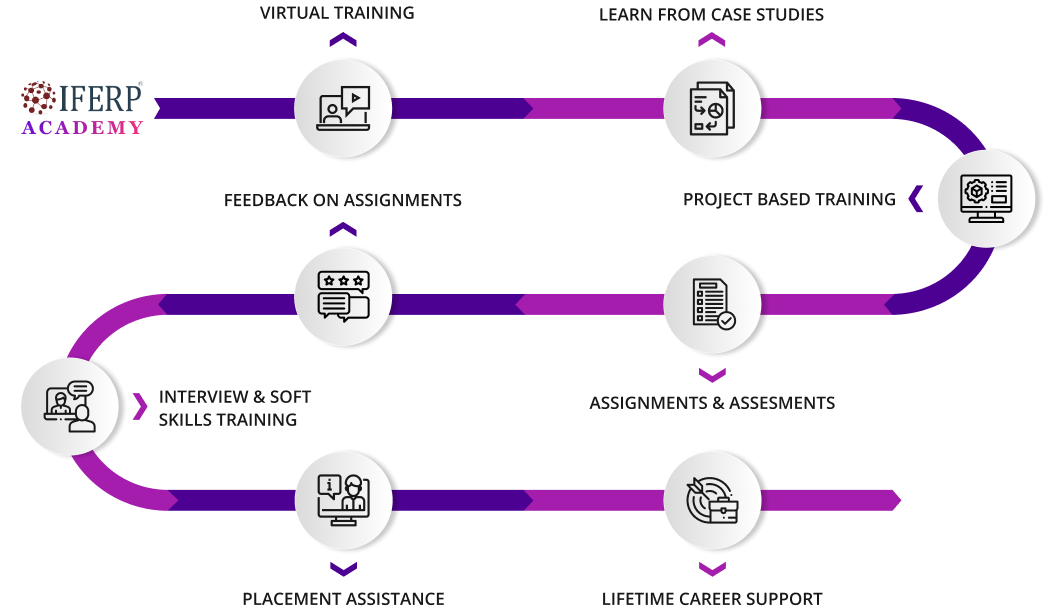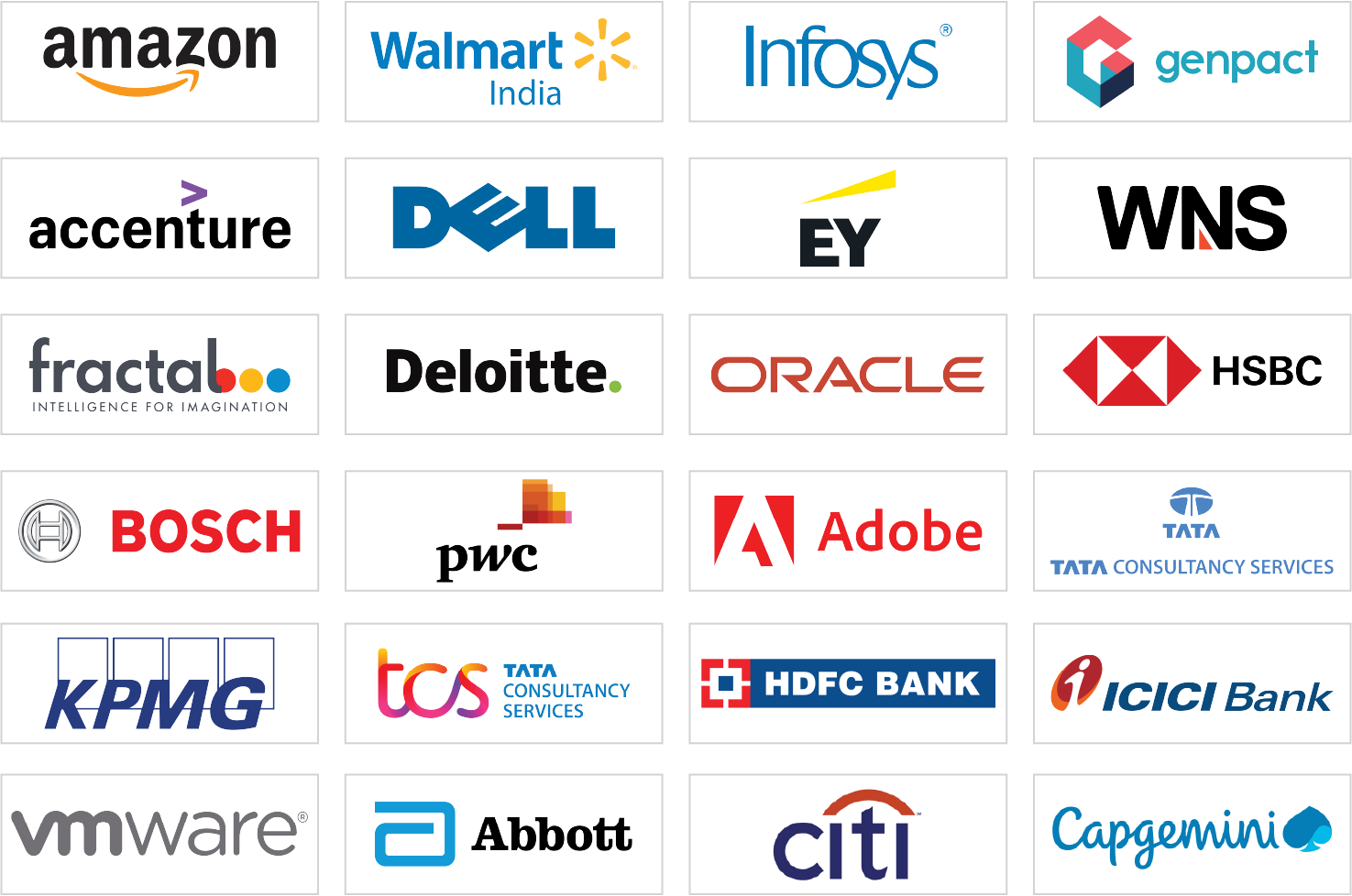Course Content
1.1 Introduction, Home - Font, Alignment,Number,cells,Editing
1.2 Data - Sort, filter, Advanced filter, Data tools
1.3 Mathematical,character,date and logical functions
1.4 Lookup, Match and idex and conditional formatting
1.5 Pivot table and charts
1.6 Charts
1.7 Data visualizations
2.1 The various kinds of data types in python and its appropriate uses
2.2 Summarize data by using functions like: str(), class(), length(), nrow(), ncol()
2.3 Data Structures
2.4 Reading tabular data files
2.5 Reading from csv files
2.6 Installing packages
2.7 Pandas
2.8 Numpy
3.1 Sorting data
3.2 Merging dataframes
3.3 Data transformation
3.4 Strings and dates
3.5 Outlier detection
3.6 Handling NAs and Missing Values
3.7 Logical operations
3.8 Relational operators
3.9 Accessing Variables
3.10 Managing Subset of data
3.11 Character manipulation
3.12 Creating new variables
4.1 Understanding the Exploratory Data Analysis(EDA)
4.2 Implementation of EDA on various datasets
4.3 EDA packages
4.4 Aggregation
4.5 Computing basic statistics
5.1 Understanding on Data Visualization
5.2 Creating a bar chart, dot plot
5.3 Creating a scatter plot, pie chart
5.4 Creating a histogram and box plot
5.5 Other plotting functions
5.6 Plotting with base graphics
5.7 Plotting with Lattice graphics
5.8 Plotting and coloring
6.1 Computing basic statistics
6.2 Comparing means of two samples
6.3 Testing a correlation for significance
6.4 Hypothesis Testing
6.5 Classical tests (t,z,F), Chisquare
6.6 ANOVA
6.7 Summarizing Data
6.8 Data Munging Basics
6.9 Cross tabulation
7.1 Simple linear regression
7.2 Multiple Regression model
7.3 Logistic regression
7.4 Standardizing
8.1 Basics of SQL
8.2 Retrieving data
8.3 Data manipulation
8.4 Joins
8.5 Aggregation in SQL
9.1 Resume & LinkedIn Profile Building
9.2 Mock Interview Preparation
9.3 1 on 1 Career Mentoring Sessions
9.4 Placement Assistance
9.5 IFERP placement drive
 Adarsha Shivananda
Adarsha Shivananda






 30 Participants
30 Participants 
